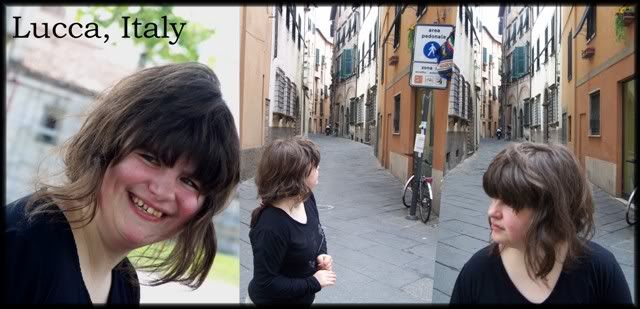The resting period usually gives time for areas of the brain to process emotional and reflective thoughts.
The University of California research, in Proceedings of the National Academy of Sciences, compared brain scans of people with autism and those without.
The scientists said the typical social awkwardness seen in autism may be due to this failure of this "daydreaming" brain network.
| | This study sheds further light on the neurological factors involved in autism Richard Mills, National Autistic Society |
Several regions of the brain are highly active during these periods - including the medial prefrontal cortex, the rostral anterior cingulate and the precuneus.
This activity is suppressed when the brain is doing something which demands understanding, or another intellectual process.
'Abnormal processes'
The researchers used fMRI (functional magnetic resonance imaging) scans to monitor brain activity in 15 people with autistic spectrum disorders and 15 without.
While in the scanner, each person carried out a counting task on the computer.
There were 12 30-second test periods interspersed with three 21-second rest periods, where participants were simply asked to look at a fixed image of a cross.
It was found that the activity during rest periods seen in people who did not have autism was absent in those with the condition.
Writing in PNAS, the researchers led by Dr Duncan Kennedy, said: "We speculate that the lack of deactivation in the autism group is indicative of abnormal internally directed processes at rest, which may be an important contribution to the social and emotional deficits of autism."
Richard Mills, director of research for the National Autistic Society and Research Autism, said: "The causes of autism are varied, complex and not yet fully understood.
"This study sheds further light on the neurological factors involved in autism and some of the possible implications for differences in the cognitive profile and social behaviour.
"Such findings will add to our understanding of this spectrum of conditions and it is hoped may also be utilised in the development of effective treatments and other approaches."
http://news.bbc.co.uk/go/pr/fr/-/1/hi/health/4751075.stm
Published: 2006/05/12 23:10:32 GMT
© BBC MMVI

No comments:
Post a Comment